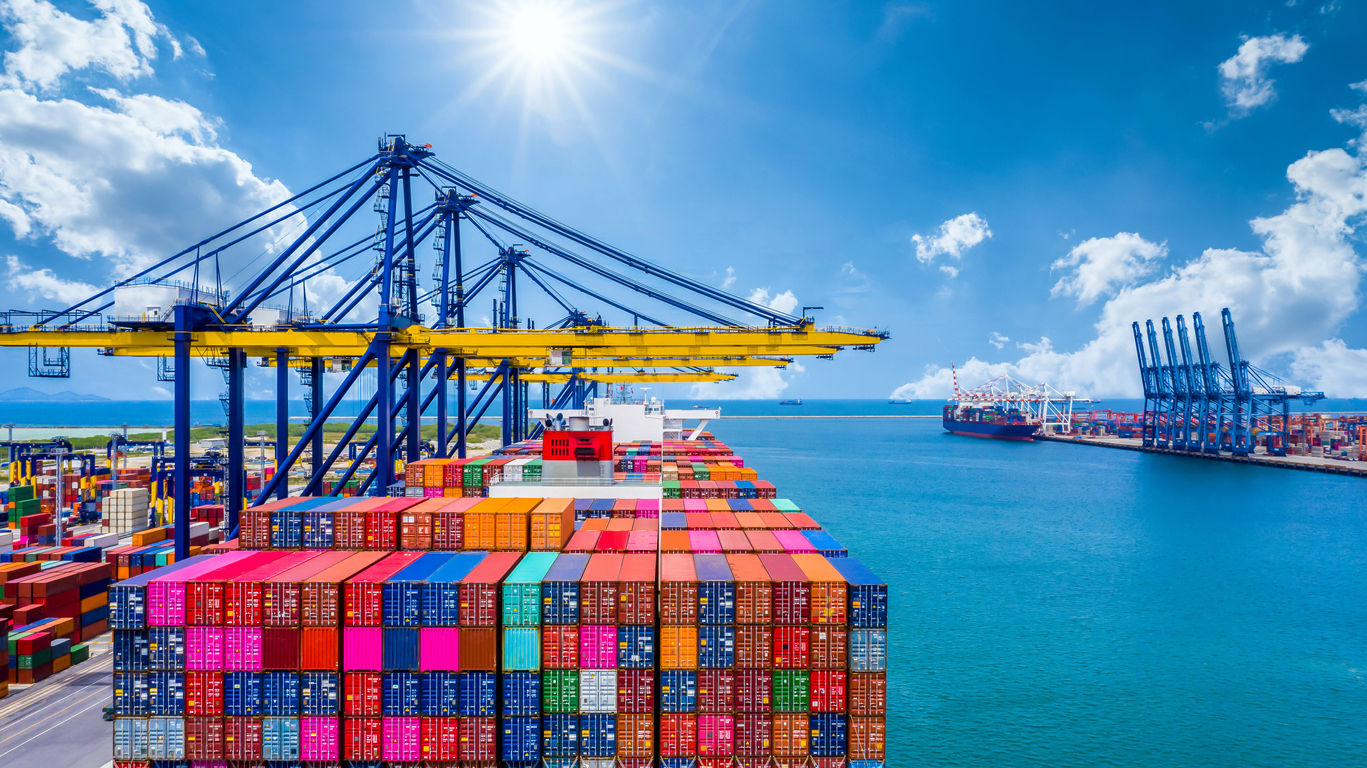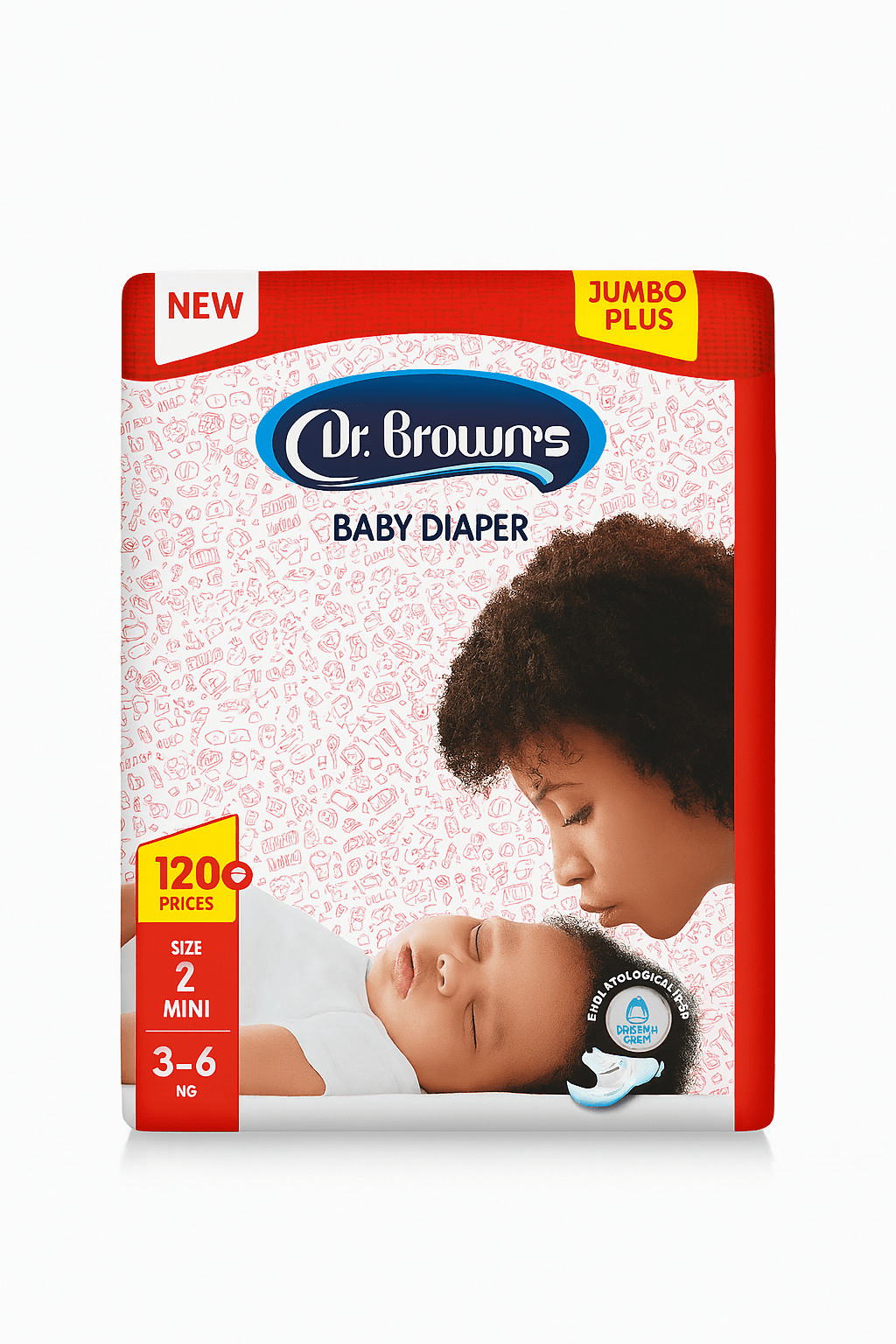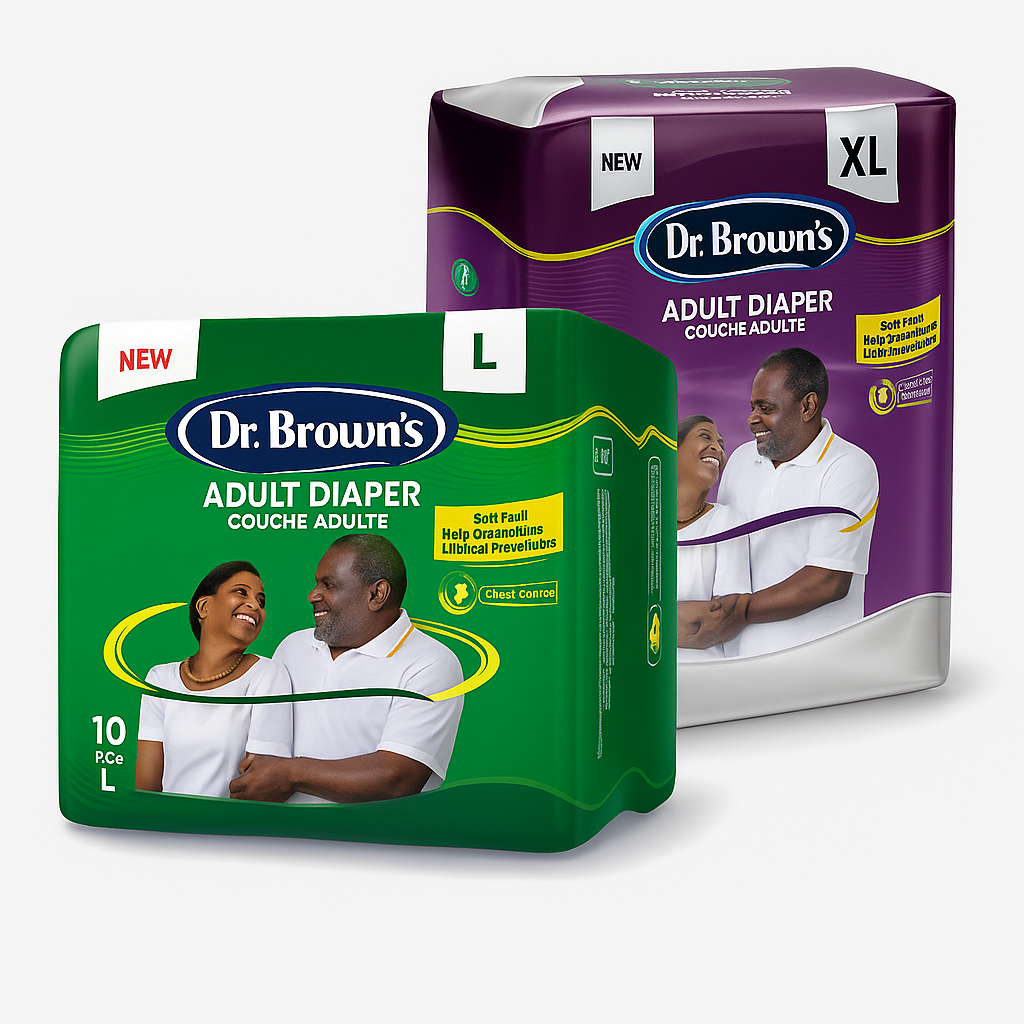How to Clear a 20ft Container in Nigeria: The Simple Guide
How to Clear a 20ft Container in Nigeria: The Simple Guide
If you do a little digging, you’ll find that Nigeria has a plethora of businesses that operate in and around ports and shipping centres. In fact, there are entire communities and neighbourhoods built around these ports. But why is it then that so few people know about the existence of these places? It’s because they’re hidden away—hidden behind large gates, high walls, and security guards. So if you have goods to ship or if you want to start a shipping business in Nigeria, the first thing you need to do is get yourself familiar with the relevant regulations and procedures for clearing containers at Nigerian ports. If this seems like a lot to take in, don’t worry. This article will help get you up to speed on everything you need to know about clearing a 20ft container in Nigeria as well as some pointers on how to clear a 20ft container in Nigeria correctly.
What is Clearing and Why Does it Matter?
First things first: what is clearing and why does it matter? Well, clearing is the process of ensuring that your goods are both permitted for entry into the country, and that the relevant taxes and duties for those goods have been paid. The reason it matters is because if you don’t clear your goods correctly, they won’t be allowed into the country. And if they don’t get into the country, they aren’t going to be able to be distributed to the people who need them. But clearing is also important because of the way it can affect your business—or potential business—going forward. Certain goods, especially those that are considered to be high-risk, will be subject to additional regulations, inspections, and other procedures. These procedures can vary between customs offices, and they can also vary between the different ports and shipping terminals in the country. This is where clearing comes in. In order to ensure that your goods meet all the necessary requirements for entry, and that you clear your goods correctly, you need to understand the different regulations and procedures for clearing goods at Nigerian ports.
How to Clear a 20ft Container in Nigeria
There are three main ways in which you can clear a 20ft container in Nigeria: You can Clear Directly at the Port, Clearing Through a Customs Broker, or Clearing Through a Customs House. Let’s quickly break down the difference between these methods so that you can better understand how to clear a 20ft container in Nigeria. – Clear Directly at the Port – This is the simplest and most direct way to clear a 20ft container in Nigeria. You can either go to the port yourself or send an authorised representative with all the necessary documentation and paperwork. The drawback to this method is that it’s not always feasible—especially if you’re shipping larger or more valuable shipments that require specialised handling. – Clearing Through a Customs Broker – Customs brokers work on behalf of importers to help clear their goods at the port. The advantage of this method is that it allows you to clear your goods in a more cost-effective way. It is also more flexible, which means you can clear your goods during non-business hours, which is often a requirement for certain types of goods. – Clearing Through a Customs House – Customs Houses are special government-run warehouses where goods can be stored temporarily without being cleared. This might sound like a lazy way of dealing with your goods, but there are actually a few good reasons why you might want to store your goods in a customs house. This is not the same as a “warehouse”. Customs houses are like mini-ports, where you can store your goods and bring in other goods for clearance. It’s actually a really helpful way to deal with certain types of goods, like fresh produce.
Things to Know Before You Clear a 20ft Container in Nigeria
Before you attempt to clear a 20ft container in Nigeria, there are a few things you need to know. – Know What You’re Shipping – If your goods fall under the “controlled” or “restricted” list, you can expect an extra level of scrutiny from customs officials when you attempt to clear your goods. For example, products made from certain metals, like brass and copper, are on the controlled list in Nigeria. This is because they’re considered to be more valuable and thus more likely to be stolen. – Know Which Border You’re Entering – The border you enter into Nigeria can have a big impact on how you clear your goods. For example, if you’re shipping goods into Lagos, you’ll want to clear your goods at the Apapa port. If you’re shipping into Port Harcourt, on the other hand, you’ll need to clear your goods at the Port of Ibaka. – Have All the Necessary Documentation – If you don’t have the necessary documentation, your goods won’t be cleared. This is true for all ports and border crossings in Nigeria, so it’s important to understand the documents you need and when you need to provide them. These vary from port-to-port, so you’ll need to do some research to find out the correct documents for the port you’re using.
9 Steps to Clear a 20ft container in Nigeria
If you have a clear understanding of the different methods for clearing a 20ft container in Nigeria, it’s time to take a look at the 9 steps you need to follow to clear your goods correctly. These are general guidelines that are likely to vary depending on the port you’re using. – Gather All the Necessary Information – Before you do anything else, you need to identify the type of goods you’re shipping and their HS code. HS codes are a classification system for goods that have been adopted by virtually every country in the world. This code will tell you exactly what the goods are, what they’re made of, and what they’re valued at. You’ll also need to know the name and contact details of the importer who’s bringing the goods into the country and the name and contact details of the exporter who’s shipping the goods out of the country. – Know What Ports and Border Crossings to Use – As we discussed above, there are a variety of different ports and border crossings you can use to clear a 20ft container in Nigeria. You’ll need to know which of these is best for your shipment based on where it’s coming from and where it’s going. For example, if you’re shipping goods from Lagos to Lagos, you’ll want to use the Apapa port. But if your goods are destined for a different part of the country, you’ll need to choose a different port. – Know What Documents You Need – As we discussed above, the documents you need to clear your goods will vary from port to port, but there are certain documents that are essential for almost every port in Nigeria. These documents include: A Bill of Lading: A BoL is a document that outlines everything that’s being shipped, including the HS code, quantity, and value of goods. An Import Prohibition and Restriction (IPR) Certificate: This is proof that your goods are permitted for entry into the country and that the relevant taxes and duties have been paid. A Notice of Commencement of Discharge (NOCD): This document confirms that your goods are ready to be offloaded and that they’re free of pests and diseases. – Know When to Provide Each Document – The best thing to do is provide all the necessary documents as soon as your goods are loaded onto the vessel. It’s a good idea to have these documents printed out, and then to scan and email them to the relevant parties. This will save you time and energy when it comes time to clear your goods. – Know What Interim Measures or Restrictions You Might Face – You’ll have a better idea of what restrictions or interim measures you might face when clearing your goods if you’re aware of the different levels of risk that goods can fall under. This is particularly important if you’re shipping goods that are considered high-risk like food products. – Be Prepared to Wait – Customs officials don’t work on a set schedule. They’ll clear your goods when they’re ready—even if that’s days, weeks, or even months after you’ve brought your goods into the country. – Be Prepared to Pay Any Duties or Taxes – Duties and taxes are common in many countries, including Nigeria. If







LEAVE A COMMENT
You must be logged in to post a comment.